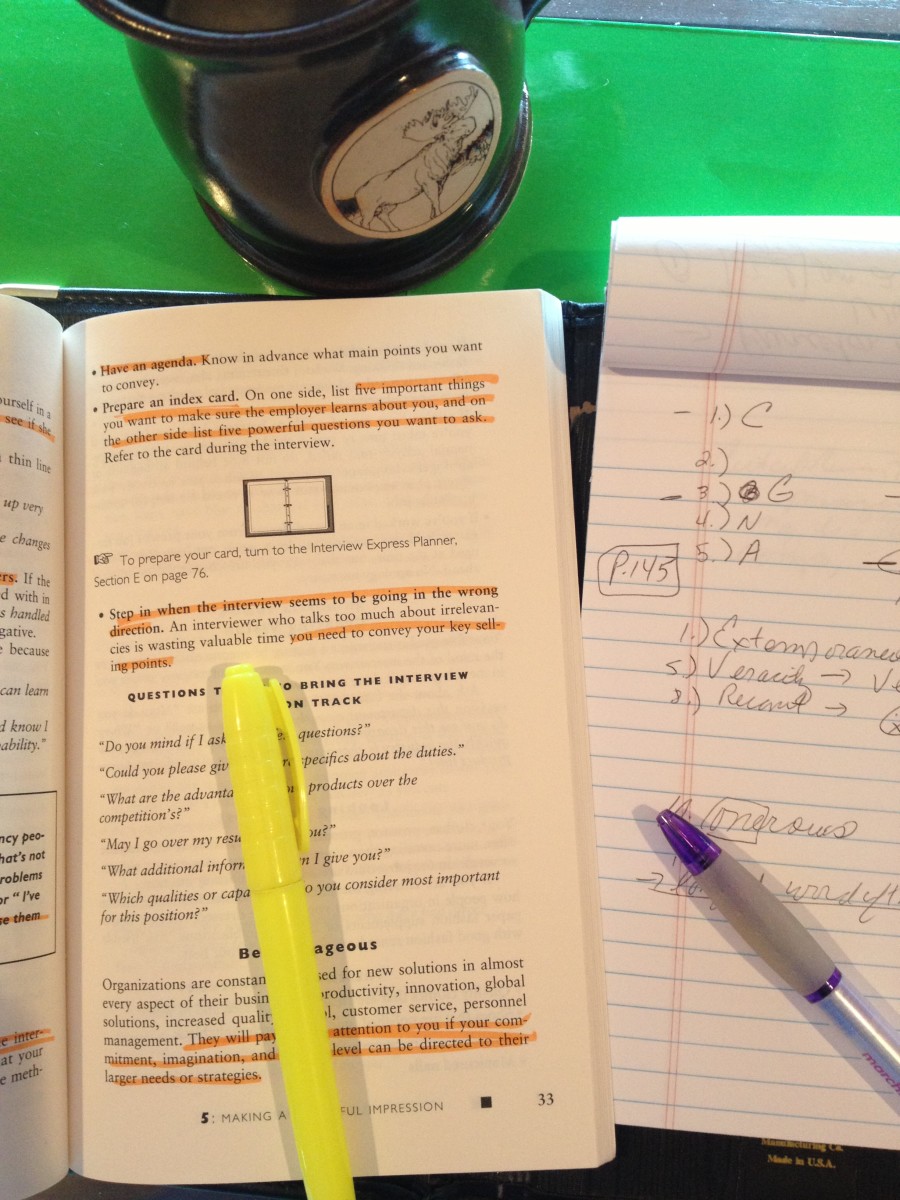How To Foster A Love Of Reading In Kids
Reading is foundational for many other skills. But all too many 21st century kids would rather watch a movie or play a video game than curl up with a good book. Unfortunately, sometimes both school and home environments discourage kids from reading, even while trying to do the opposite.
Common issues at home:
1) Quiet time is lacking. Many kids lead lives stuffed with academic work, sports, and activities. TV, computer and Xbox compete for attention in the home. I was quite the bookworm when I was a child, but I grew up in a house that didn’t even have a television set. At my friend's houses, there were some afternoon shows for kids, and a few evening shows that kids might like, but nothing like the constant stream of movies and youth oriented shows that are available these days. If I had Hanna Montana, Deadliest Warrior and YouTube available at all hours, I’m sure I would have read less. TV and computer are just too entertaining and too easy.
2) Mountains of homework. Kids today get more homework than in the past, and unfortunately there can be a lot of busywork. By the time the student is done, they are more likely to seek the easy pleasures of TV than read a novel.
Common issues in school:
3) Little or no time for “pleasure reading,” and little choice in what they read.
4) Kids are assigned books that are too challenging for their reading level. This is such an easy mistake to make. As a Literature major, I love the classics. I’m excited about Jane Austen, Nathaniel Hawthorne, and Henry James. But think for a moment about the obstacles a student faces with books like The Scarlet Letter. The sentences are long and complex. Description goes on and on. To a modern ear, the dialog sounds stilted. And since the book is challenging to read, the student is getting through the pages at a snail’s pace, making an already slow plot deadly dull.
5) Kids can’t relate to the characters in assigned books. Think again of The Scarlet Letter. Our own society deals so differently with guilt and the breaking of societal norms that Hawthorne’s Puritans seem like they are from outer space. Rather than being gripped by the tensions of the book, your average student thinks, “These people need to get over it.”
Poor reading skills
And here we come to what is often the crux of the problem: lackluster reading skills. Building reading speed is a lot like building physical endurance: there is no substitute for just putting in the time. A self reinforcing cycle can take over, where low skills lead to frustration, and frustration to further avoidance of reading. In my own opinion, slow reading speed is the worst culprit. Absorbing information becomes a challenge, since the higher in school you progress, the more pages you are expected to read. Frustration leads to active dislike. It’s just human nature.

If you are reading this article, I probably don’t have to sell you on the value of reading. But I’ll try to do so anyway. Reading skills affect our lives in even more ways than we realize. Here are a few:
1. Spelling and vocabulary. When educators research spelling and vocabulary skills, they find that the students who do best in these skills are not the ones who spent a lot of time memorizing lists of words. The best spellers, and the kids with the most diverse vocabularies, are the avid readers. Seeing words over and over again in context results in better spelling and vocabulary skills than spending time with flash cards and dictionaries. When a student is “just reading,” they learn more than we may think.
2. Writing skills. The best way to get a feel for how to communicate ideas in writing is to spend time reading. Spoken English is quite different from written English. We seldom speak in full sentences; we speak our thoughts in idea form. This is especially true of young people. They exchange quick ideas, bouncing off each other’s responses. A great deal of their communication is body language, expression and slang phrases. To gain a sense of how to make sentences and paragraphs flow, they need to spend time with books, absorbing this different way of using language.
3. Attention span. In Parents Who Love Reading, Kids Who Don’t Mary Leonhardt writes, “I’ve seen it in every school, in every classroom I’ve ever taught in. Avid readers follow discussions closely, even if they don’t chose to jump in. Poor readers miss almost everything. It’s much harder to hold their attention. Unless the discussion relates to issues they personally find very interesting, we lose them.” Kids who spend time reading become better at paying attention in class, and in other situations as well.
4. Happiness. Think of a friend who loves to read. When she finds a great book, she lights up to tell you about it. For those who develop good reading skills, a whole world of experience awaits.
5. Life skills. Reading a well crafted novel is a great way for kids to process emotions (I can’t believe that happened! That’s really …sad), explore life choices (What would I do in that situation?) and clarify values (I don’t want the kind of life he ended up with). And they can do it all from the safety of the living room couch.
So what do you do when kids don’t like reading? You make them like it!

How to Foster a Love of Reading
Just kidding with the above. But not really. The following is an approach to awaken enjoyment of reading:
- Let them chose their own books. Sometimes teachers, parents and librarians grimace at a kid who wants to read nothing but Goosebumps books. But in the interest of getting them to enjoy reading, let them pick the books. Even if it’s “Mike Mines For Nose Noogies.”
- Let them read easy books. My madness has a method here, and it has to do with what the brain does during reading. Bear with me. The first reading method for everyone is “surface reading:” the brain decodes words one by one. As you can imagine, the brain is working hard, and very exactly. The second level of reading is “deep reading:” the eye sees words on the page, and the brain processes not those exact words, but the meaning of the words. For example, if a person is reading aloud the sentence, “Then my Toyota stalled,” and he says instead, “Then my car stalled,” that is deep reading. (This is why you should never correct a child who makes that sort of meaningful substitution when reading aloud. While it sounds like a mistake, it is a sign of advanced reading skills.) Deep reading feels more effortless than surface reading. Reading speed goes up, and the reader gets that “lost in the book” effect, making time fly. In a word, deep reading feels good. But too many words the brain doesn’t recognize, or ideas too complex for immediate absorption, jolt the reader back into surface reading. That is why, to give kids that enjoyable experience of deep reading, let them read easy books at first. Trust that as their skills rise, they will move on to richer content.
- Set aside time that is for nothing but reading. No other distractions, no other noise in the house. Modern kids used to constant sensory input may balk, especially at first, but stick with it.
- Show value for books by spending money on them. Times are tight, but good reading skills are priceless. I’m a fan of weekly library trips, because no family can buy as much as they can read, but kids know something you spend precious dollars on is important. They won’t say so, but they get the message. Purchasing a book they found themselves (resist the urge to hover over them in the bookstore) says not only that you value reading, but you respect their ability to chose a book.
How much time should be set aside for quiet, self directed reading? That’s very individual, but I think half an hour a day for elementary age kids and an hour for middle and high school students would be a minimum. Reading skills build like cardiovascular endurance, plenty of sustained, regular exercise is the only way. And like cardiovascular health, fluent reading will benefit a person in many areas of life.







